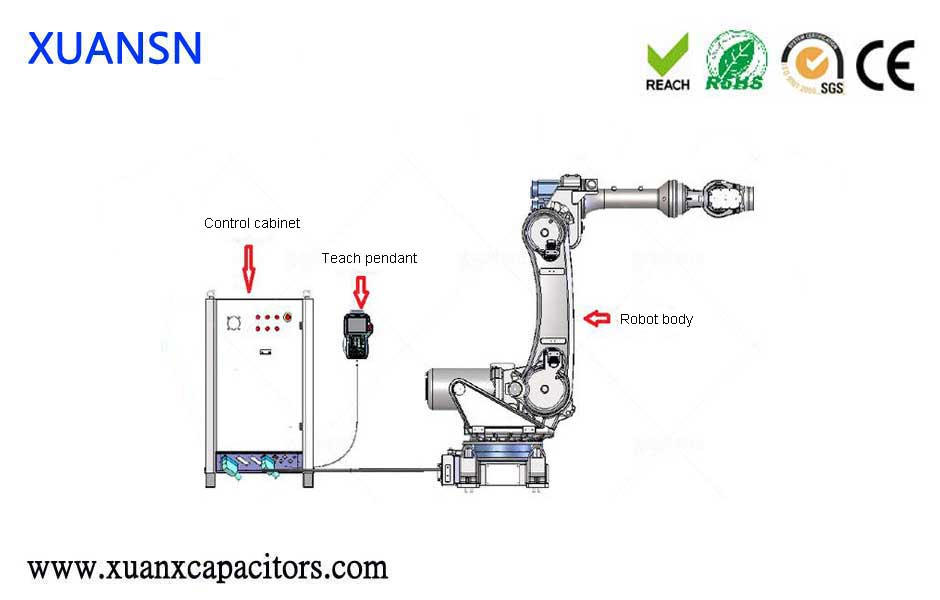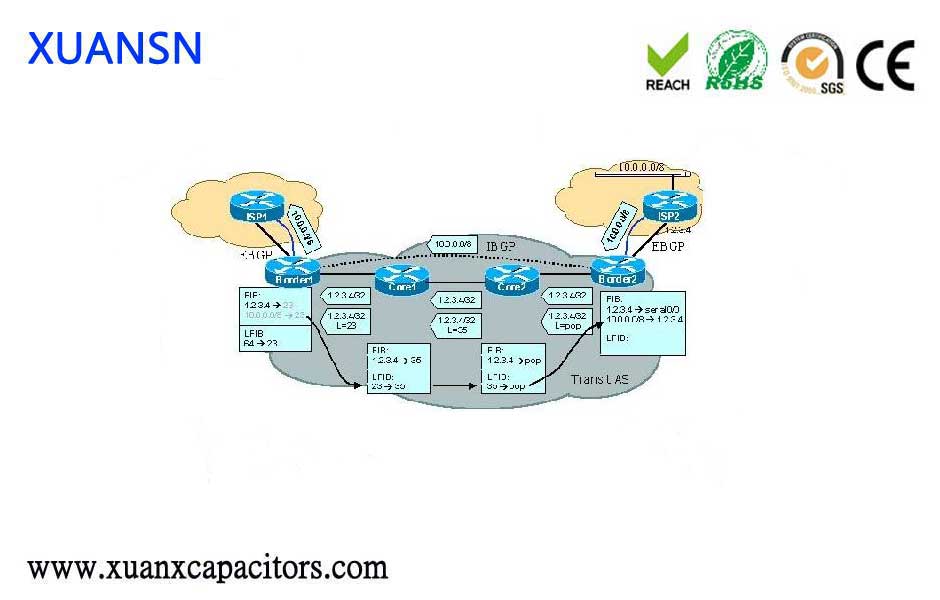Cross-border e-commerce has increasingly become an important part of the recovery of global trade, and it has promoted the innovation and upgrading of multiple links in the industrial chain. Experts suggest that in this process, digital traceability certification that restricts industry development should be resolved as soon as possible, customs clearance and logistics processes should be simplified, and overseas Pain points such as shortage of warehouses and industry talents.
Tang Min, President of the Global (Zhengzhou) Cross-border E-commerce Research Institute and Counselor of the State Council, said in an exclusive interview with reporters that due to the impact of the new crown pneumonia epidemic, many parcels have encountered logistics restrictions. Global container shipping and road freight in some locations have all appeared. Increased costs and even transportation congestion in some places have seriously delayed the cross-border timeliness of consumer goods. “This requires multiple countries to formulate mutually recognized customs clearance and logistics simplification measures, such as increasing digital management and identification.”
In addition, Tang Min believes that in response to the new characteristics of cross-border e-commerce development, government departments should follow up and adjust relevant policies in a timely manner. “At present, many packages sent by cross-border scattered mail have not been included in the cross-border e-commerce trade volume.” He said that the accurate determination of the amount will be more conducive to the planning and formulation of policies related to customs clearance. “In the past, cross-border e-commerce was mostly a B2C model, but now it is mostly B2B2C, that is, overseas products are turned to consumers through large distributors or platforms. This trend has reference significance for the formulation of relevant supervision and customs clearance policies.”
He also pointed out that the current shortage of talents in cross-border industries is serious, and China alone has about 5 million shortfalls. “It is important to carry out professional training quickly. After the epidemic, the development trend of cross-border e-commerce will continue, and it is of great significance to cultivate reserve talents.” According to him, the institute plans to cooperate with Zhengzhou Airport District and Economic Development Zone to build cross-border e-commerce. Demonstration bases for industry-university-research and innovation, and “five centers”; cooperate with Zhengzhou Vocational and Technical College to build a cross-border e-commerce secondary college, and gradually develop into a cross-border e-commerce university; cooperate with universities in Thailand, Russia and other countries to run schools and build cross-border e-commerce universities. Overseas base schools for e-commerce companies.
Wu Yabin, director of the Investment and Promotion Office of the United Nations Industry and Development Organization (Beijing, China), once publicly stated that due to the existence of the digital divide, many residents of developing countries cannot take full advantage of the opportunities brought by digitalization and cannot use global platforms to participate in e-commerce. The lack of e-commerce-related expert empowerment makes it impossible to access the current booming cross-border e-commerce process.
Zuo Xiaolei, a special researcher of the Counselor Office of the State Council, said that the logistics challenge brought by the epidemic is not only the longer delivery cycle, but also the current increase in demand for overseas warehouse construction. It is urgent to strengthen the establishment of relevant standards for overseas warehouses. “It is foreseeable that in the future, overseas warehouses may collectively send out demand information, which will be transmitted back to the production end for customized production.”
In addition, experts believe that the construction of a digital certification system is very urgent for the development of cross-border e-commerce. Jing Guifei, a researcher at Beidou Silk Road Research Institute of Beijing University of Aeronautics and Astronautics, told reporters that blockchain technology with location and time information should be introduced in the industry as soon as possible to achieve product origin and raw material traceability, and help improve the quality of cross-border e-commerce products. , Facilitate flow and transactions.




